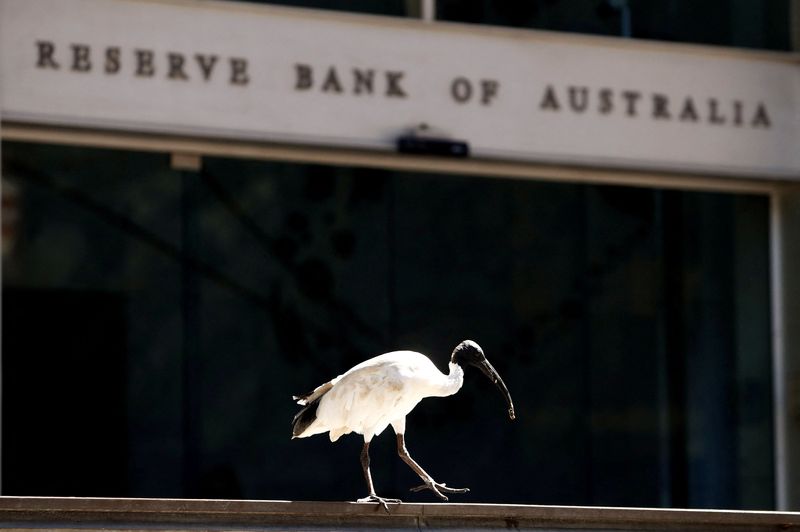SYDNEY (Reuters) – Long-delayed reforms to the Reserve Bank of Australia (RBA) faced a fresh setback on Monday as Greens lawmakers demanded the Labor government engineer a cut in interest rates in exchange for their support for the legislation.
In a statement, the Greens said they wouldn’t pass Labor’s RBA reforms until interest rates were cut.
“The Reserve Bank should lower interest rates tomorrow and if they don’t, the Treasurer should use his existing powers to bring down interest rates and relieve pressure on mortgage holders,” the Greens said.
The RBA will decide on its next policy move on Tuesday, having left interest rates unchanged at 4.35% since November. Policymakers have all but ruled out a rate cut this year as inflation remained sticky, to the ire of borrowers.
The reforms, which were recommended by an independent review last year, included setting up a separate governance board to complement the current monetary policy board.
The nine-member rate-setting board would still have six outside members, which the Liberal-National opposition said could be used by the ruling Labor Party to include appointees friendly towards the current government.
Just two weeks ago, the Liberal-National coalition opposed the reforms, which meant Treasurer Jim Chalmers would need the support of the Greens or independent lawmakers to legislate the changes.
Finance Minister Katy Gallagher said the Greens are “out of control”.
“We won’t work with that because that is crazy. It’s economically irresponsible and we won’t do it,” said Gallagher in an interview with ABC Radio.
The political wrangling means the reform legislation remains in limbo, keeping the status quo on the policy-setting board.
The RBA has already adopted some of the recommendations from the review, including having fewer but longer policy meetings and holding a press conference after each decision.
However, it is undecided on others, including having all board members make regular appearances to discuss their thinking on policy.
(Reporting by Stella Qiu; Editing by Sam Holmes)


